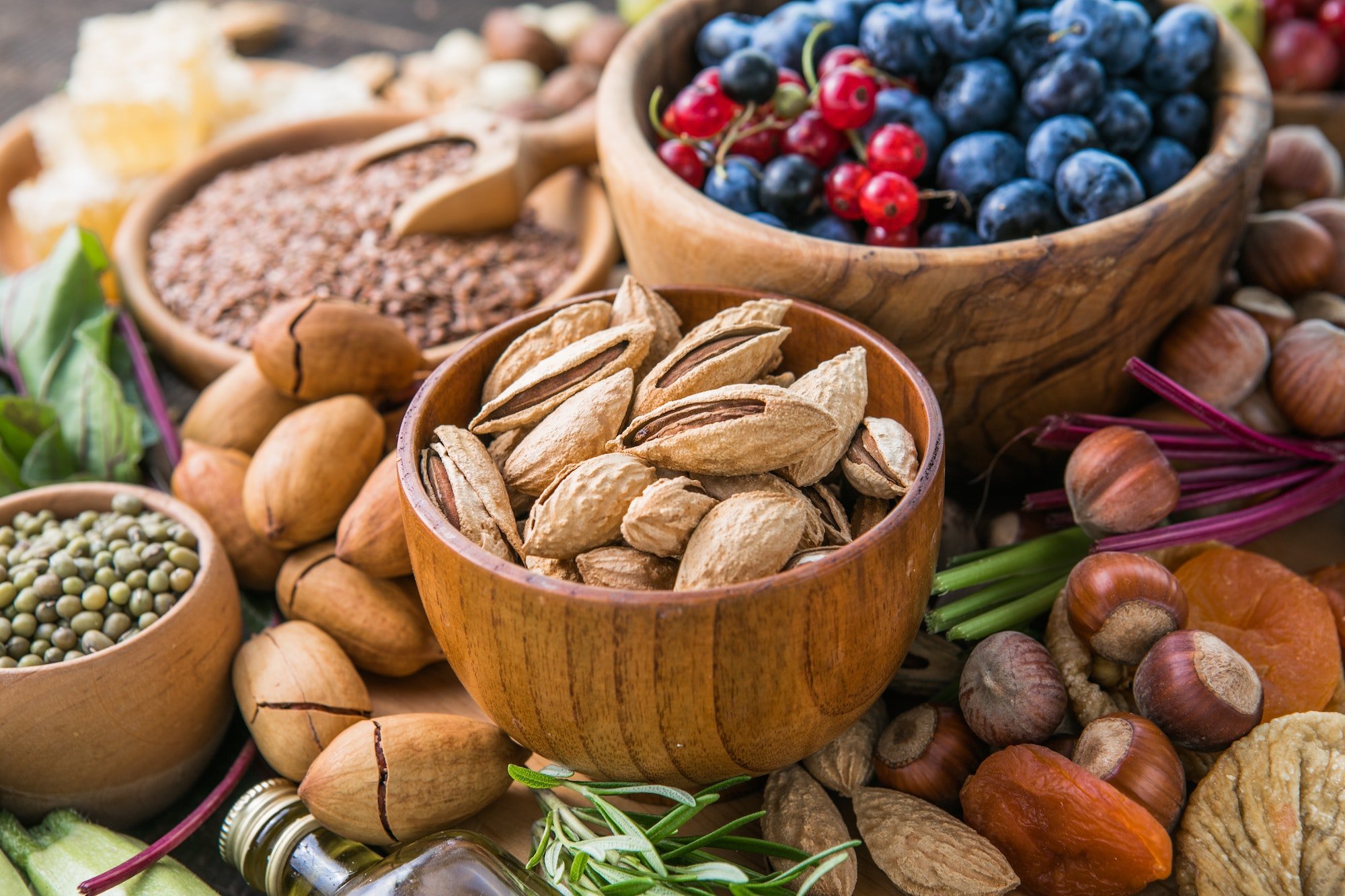Eating a healthy balanced diet is an important part of any fitness routine. The quality of the food you eat can make or break your progress in reaching your fitness goals. Whether you’re a professional athlete or just looking to stay in shape, sports nutrition is the key to optimal performance and improved health. This guide will provide you with the basics of sports nutrition, including what to eat, when to eat, and how to fuel your body for peak performance.
What is Sports Nutrition?
Sports nutrition is the practice of consuming specific foods and beverages to improve your performance and health. Sports nutrition plans are tailored to the individual and their specific needs. For example, an endurance athlete may need to focus on foods that provide long-lasting energy, while a power athlete may need to focus on foods that provide quick bursts of energy. Knowing what to eat, when to eat, and how much to consume can help you maximize your performance and reach your fitness goals.
Sports nutrition is not just about the type of food you eat. It’s also about the timing and quantity of what you eat. Eating the right foods at the right time can provide your body with the fuel it needs to perform at its best. Eating too little or too much can lead to fatigue and decreased performance.
The Benefits of Sports Nutrition
Sports nutrition can help you maximize your performance, increase your energy levels, and improve your overall health. Eating the right foods can provide your body with the fuel it needs to perform at its best. Eating a balanced diet can help you maintain a healthy weight, reduce the risk of injury, and improve your overall mental and physical well-being.
Eating a balanced diet can also help you stay hydrated. Hydration is essential for optimal performance and overall health. Drinking plenty of water can help you stay hydrated and ensure that your body has the fluids it needs to perform at its best.
Types of Foods to Eat
When it comes to sports nutrition, there are certain types of foods that should be included in your diet. Eating a variety of nutrient-dense foods can provide your body with the energy it needs to perform at its best. Here are some of the best foods to include in your sports nutrition plan:
- Fruits and vegetables
- Whole grains
- Lean proteins
- Healthy fats
Fruits and vegetables are packed with vitamins and minerals that can help support your body’s performance. Whole grains provide your body with slow-burning energy, while lean proteins and healthy fats can help keep you full and provide your body with the nutrients it needs to stay healthy.
Timing of Meals and Snacks
When it comes to sports nutrition, timing is key. Eating the right foods at the right times can help you maximize your performance and reach your goals. Eating too little or too much can lead to fatigue and decreased performance. Here are some tips for timing your meals and snacks:
- Eat a balanced breakfast within an hour of waking up.
- Aim to eat a snack or small meal every 3-4 hours.
- Eat a meal within an hour before exercise to fuel your body.
- Eat a meal within 1-2 hours after exercise to replenish your body.
Eating a balanced diet and timing your meals and snacks correctly can help you maximize your performance and reach your fitness goals. If you’re looking for personalized advice and guidance, consider reaching out to a registered dietitian or nutrition coach at Eastside Ideal Health for personalized nutrition coaching.
Conclusion
Sports nutrition is an important part of any fitness routine. Eating the right foods at the right times can provide your body with the fuel it needs to perform at its best. Eating a balanced diet and timing your meals and snacks correctly can help you maximize your performance and reach your fitness goals. If you’re looking for personalized advice and guidance, consider reaching out to a registered dietitian or nutrition coach at Eastside Ideal Health for personalized nutrition coaching.

